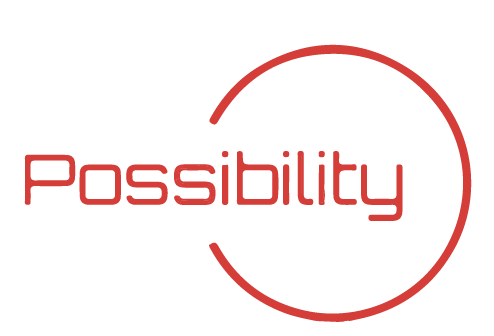As a leader, we often think of culture or trust as something we achieve and then sit back and relax. That’s just not the case.
Creating a culture of openness, collaboration, and trust is no different from being married or in a committed relationship. Just because you stood at your wedding and committed to being loyal and loving doesn’t mean you’ll naturally show up that way every day. There are days you don’t even want to look your partner in the eyes, let alone talk to them. But here’s the real question: can you still show up as the person you committed to being, even on those days?
This isn’t just worth contemplating—it’s essential. Your company, whether you’re the owner or an employee, is no different. If you want a culture of openness, transparency, and inclusion, you must be the first stakeholder to embody it. And let’s be honest: it’s far easier said than done. On the days when your business partner lets you down, when your dad or uncle in the family business crosses boundaries again, or when your colleague acts out of line, how do you show up? Do you still embody openness and inclusion? Or do you let frustration, reactivity, and withholding take over?
When you take an honest look, you’ll see that it may be simple but not easy. It requires a real, ongoing commitment—like the kind that gets you out of bed to hit the gym on the days you feel sluggish. Commitment isn’t about convenience; it’s about consistency.
The Foundation: Commitment to a Way of Being
To build a sustainable culture, the first step is to commit to a way of being that aligns with your values. Without this, you’re leaving your actions to the whims of your emotions and circumstances. It’s easy to say, “I don’t feel like being super open today” and justify it. But that’s the difference between humans and animals—we can commit to a future beyond our immediate survival instincts.
By committing to a way of being that reflects your best self, you essentially write the story of your future. And from there, your job is simple: find the means to live it out every single day.
The Challenge: When Commitment Meets Resistance
Commitment sounds straightforward in theory, but what about those days when it’s really tested? When the business gets busy, when someone crosses a line, or when you feel overwhelmed, your commitment will either ground you—or falter. For instance, maybe you promised to host a family retreat each year to strengthen relationships and foster alignment. But now, as deadlines loom and life feels chaotic, you start questioning its importance. This is where the next critical piece comes in.
The Game-Changer: Accountability
We’re human. We falter. That’s why accountability is essential. When someone else shares your commitment and holds you to it, it becomes harder to drift. It’s not about shame or blame; it’s about creating an environment where falling out of alignment triggers a gentle nudge back on track.
Accountability could come from a trusted business partner, a family member, or even a coach. But whoever it is, they need to embody the same values. Without that shared alignment, they won’t know when you’re off track.
For example, let’s say you’ve been avoiding a tough conversation with a team member who’s disrupting the culture. Your accountability partner might say, “Didn’t you commit to openness and transparency? What’s your next step to honor that commitment?” It’s these moments that keep you anchored.
Building a Culture Ecosystem
The more people around you who are committed to the same values, the easier it becomes to stay aligned. Culture, after all, isn’t built by a single individual—it’s an ecosystem. Think of it like being in Las Vegas, where the entire environment pulls you toward gambling and indulgence. In your company, the environment you create will naturally pull people toward openness, transparency, and inclusion—or away from it.
It’s not good or bad; it’s simply reflective of what the majority are committed to being. If you want a culture transformation, the pull must be toward the values you collectively hold.
Why It’s Simple but Not Easy
If you’re wondering, “What about the fancy frameworks or models for culture transformation?” they’re tools, not the foundation. At its core, culture transformation comes down to two things: commitment and accountability. Everything else is just reinforcement. Think of it like the 80/20 rule—80% of culture transformation stems from the 20% effort of committing to values and holding each other accountable.
This applies in life as much as it does in business. Your values are only as strong as your ability to live them in the moments when they’re most inconvenient.
A Question to Consider
Don’t just let this insight sit idle. Ask yourself:
- What kind of culture are you truly committed to in your family business?
- Who will hold you accountable to that commitment?
Culture isn’t a one-time achievement; it’s a daily choice. Every action, every interaction, and every decision contributes to it. So, what are you building today?






